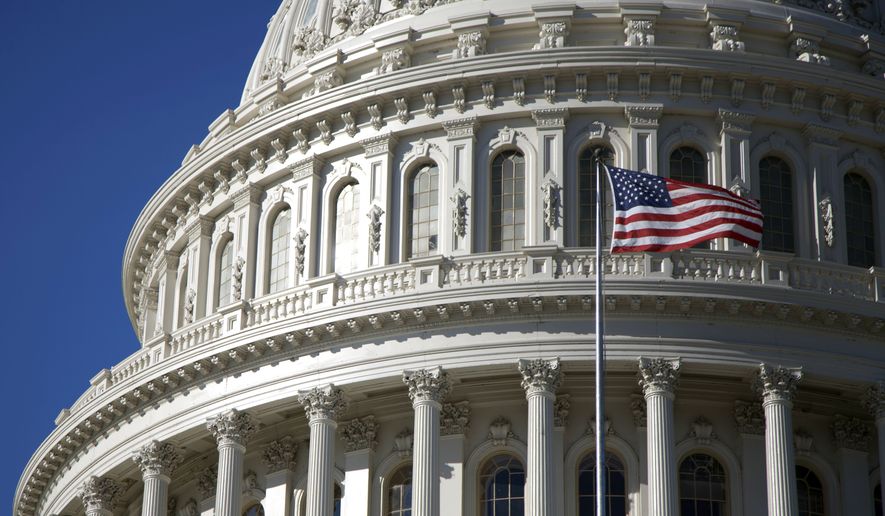The House Judiciary Committee announced Wednesday that members will hold an open hearing next week on hate crimes and white nationalism, focusing in particular on the part social media platforms play in their propagation.
Scheduled on the heels of a self-described ethno-nationalist taking credit online for last month’s racist massacre at two mosques in Christchurch, New Zealand, the hearing is slated to be held Tuesday on Capitol Hill and will reportedly include testimony from Facebook and Google executives, among others.
“This hearing will examine hate crimes, the impact white nationalist groups have on American communities and the spread of white identity ideology,” the Democratic-led House panel said in a press release.
“The hearing will also foster ideas about what social media companies can do to stem white nationalist propaganda and hate speech online,” the announcement said.
Neil Potts, a public policy director at Facebook, and Alexandria Walden, a counsel for Google, are both among a group of witnesses expected to testify, The Washington Post first reported.
Facebook and Google did not immediately answer messages requesting comment.
Fifty people were killed and dozens injured as a result of a mass-shooting conducted at the two mosques in Christchurch on March 15. Several minutes of the massacre was broadcast live on Facebook, and the suspected shooter, an Australian man, is believed to have written a manifesto rife with white nationalist ideologies shared online prior to the rampage.
Internet companies have scrambled to scrub video footage of the massacre and manifesto from the web amid facing new pressure to prevent white nationalists from using their platforms to propagate hate speech, echoing efforts mounted nearly two years earlier in the wake of the deadly “Unite the Right” rally attended by white supremacists in Charlottesville, Virginia.
James Alex Fields Jr., 21, pleaded guilty late last month to 29 federal hate crime charges related to plowing his car into a crowd of counterprotesters who were demonstrating against the “Unite the Right” rally in August 2017. A statement of offense entered alongside his plea agreement said that the event was “widely promoted on social media and internet sites associated with white-supremacist individuals and groups” and that Fields used “multiple social media accounts” prior to the rally to espouse violence against African Americans and Jewish people, among others.
Facebook banned several pages affiliated with “Unite the Right” after the event, and last week it announced that the company is prohibiting “praise, support and representation” of white nationalism and white separatism across the social network and Instagram in the wake of the recent mosque shootings.
President Trump caused a stir after the Charlottesville rally by saying that there was blame to be had by “both sides.” More recently, Mr. Trump drew criticism for claiming after the New Zealand shootings that white nationalists are a “small group of people.”
White supremacists were responsible for more homicides in the U.S. between 2000 and 2016 than any other domestic extremist movement, the Trump administration concluded previously.
“The danger, I think, of white supremacists, violent extremism or another kind of extremism is, of course, significant,” FBI Director Christopher A. Wray told the House Appropriations Committee during a hearing Thursday. “We assess that it is a persistent, pervasive threat. We tackle it both through our joint terrorism task forces on the domestic terrorism side as well as through our civil rights program on the civil side through hate crime enforcement.”
• Andrew Blake can be reached at ablake@washingtontimes.com.




Please read our comment policy before commenting.